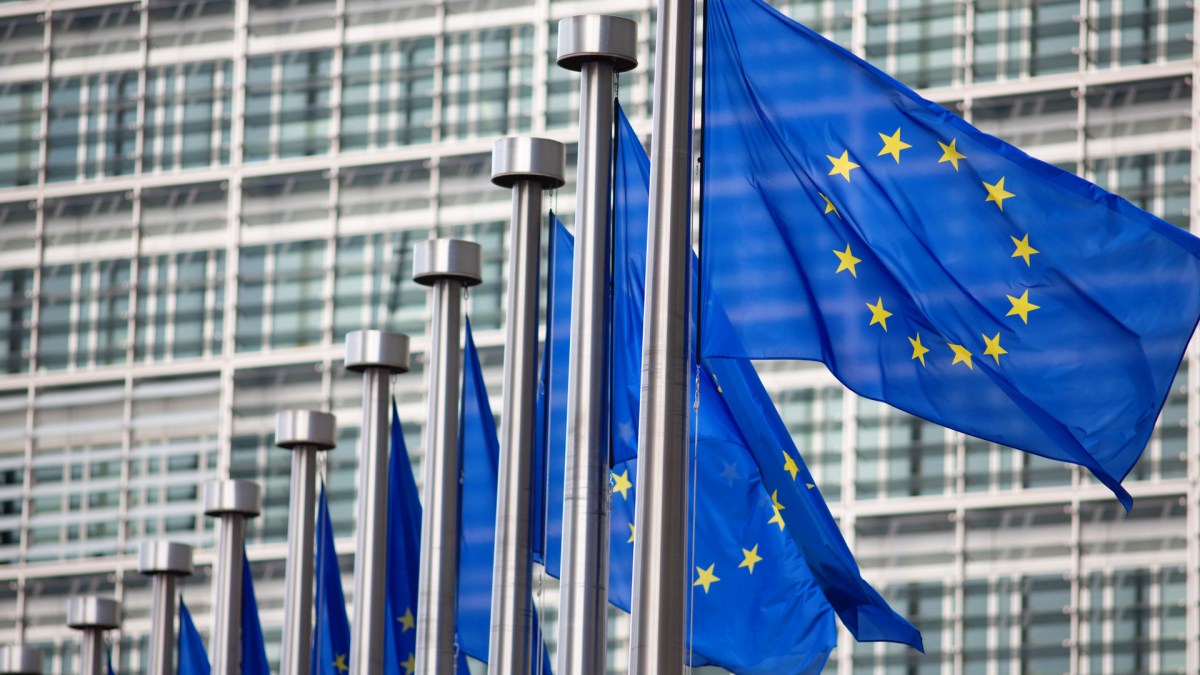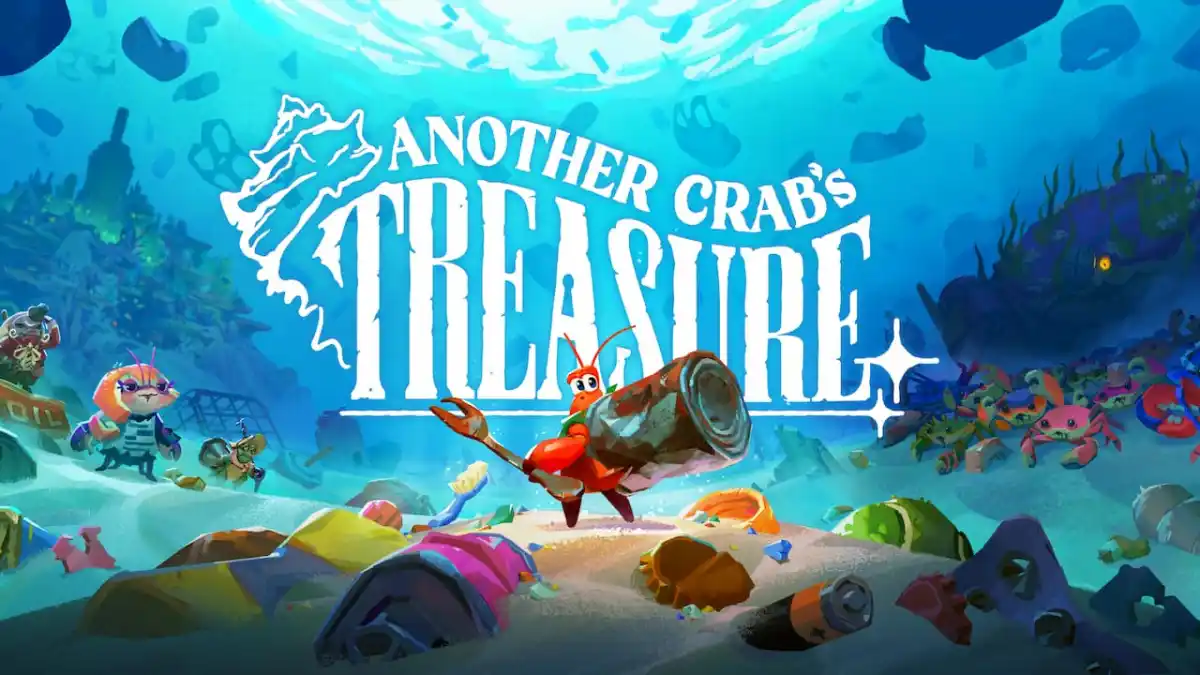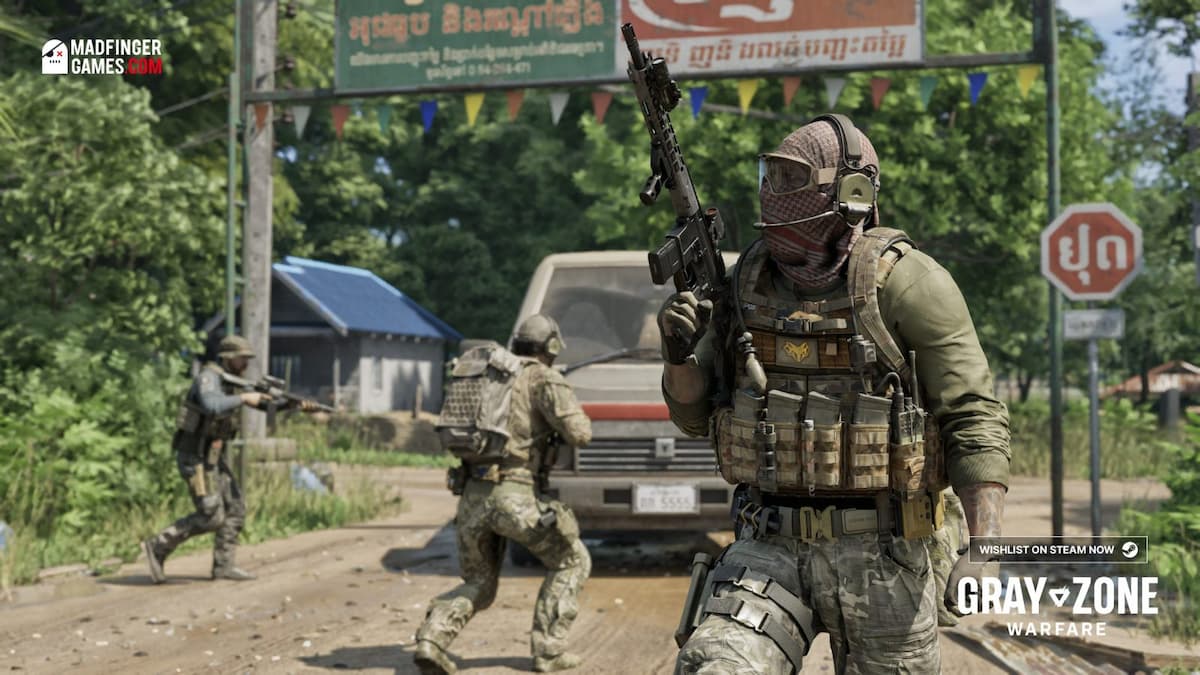Valve responds to allegations of antitrust practices
Earlier today, the European Commission posted a statement of objections directed at a handful of video game publishers for their practices of geo-blocking games on digital distribution platforms. Among those named, Valve is the most high profile, though Bandai Namco, Capcom, Focus Home, Koch Media, and ZeniMax were also included. The statement comes after a lengthy investigation that began in 2013, with the Commission believing that each company has engaged in some version of antitrust violations by restricting the sale of certain games in the European Union.
The process of geo-blocking is exactly how it sounds: geographical blocking of products from another region than the buyer lives in. The end goal is to prevent people from wealthier countries from buying titles at reduced rates by shopping in different regions. This very practice can be found on a number of digital marketplaces where the cost of CDs/Blu-rays/video games can be lower based on local income.
The reason this is now coming up is because of new rules implemented by the EU in December 2018. The European Commission has a goal of ending unjust geo-blocking and wishes to establish a market similar to that of the United States where one price is maintained across the nation. Since these companies are doing business that runs counter to that, the European Commission is demanding the practice be stopped or a formal fine may be issued.
Valve sent us a statement saying:
Approximately just 3% of all games using Steam (and none of Valve’s own games) at the time were subject to the contested region locks in the EEA. Valve believes that the EC’s extension of liability to a platform provider in these circumstances is not supported by applicable law. Nonetheless, because of the EC’s concerns, Valve actually turned off region locks within the EEA starting in 2015, unless those region locks were necessary for local legal requirements (such as German content laws) or geographic limits on where the Steam partner is licensed to distribute a game. The elimination of region locks will also mean that publishers will likely raise prices in less affluent regions to avoid price arbitrage. There are no costs involved in sending activation keys from one country to another and the activation key is all a user needs to activate and play a PC game.
According to the statement from the European Commission, there is no legal deadline for the Commission to complete its investigation. Any number of factors may account for a prolonged inquiry, including the complexity of the specific case. After all parties named have exercised their rights of defense, it will be up to the Commission to decide if there is sufficient evidence of infringement.
European Commission demands Valve stop geo-blocking games inside the EU [The Verge]




